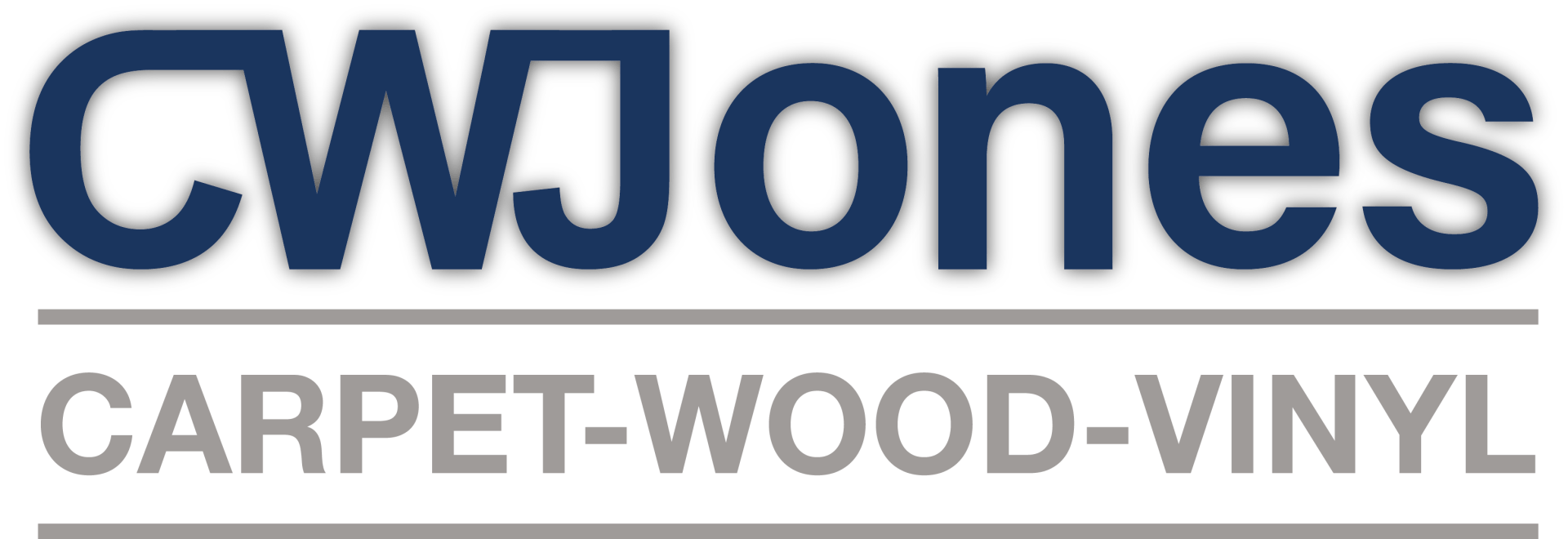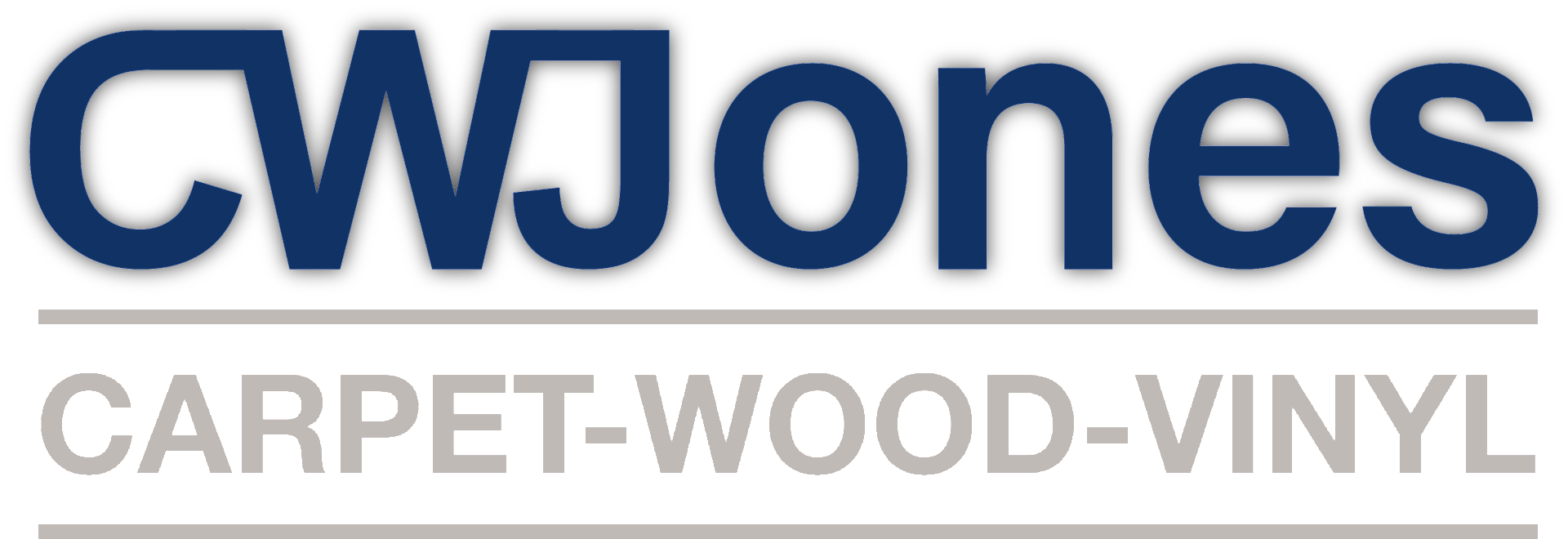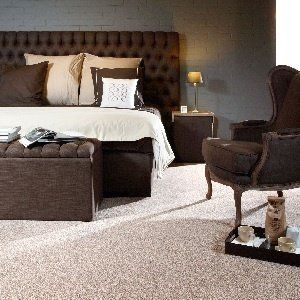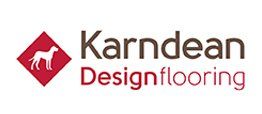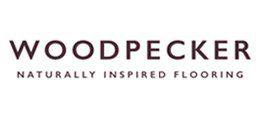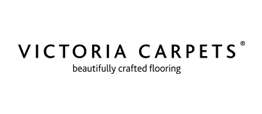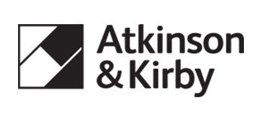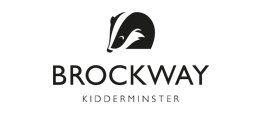Things to Consider When Buying New Flooring
Choosing new flooring for your home or business is a decision that impacts both aesthetics and functionality. With so many options available, it's essential to make an informed choice that is tailored to your specific needs. Whether you're considering the warmth of carpet, the elegance of wood flooring, or the practicality of LVT, laminate, or vinyl, each material comes with its own set of advantages and drawbacks. Understanding these can help guide your decision.
Types of Flooring
When considering new flooring for your home or business, understanding the different types of materials available is crucial. Each type of flooring has unique qualities that make it suitable for different settings based on your needs, lifestyle, and personal preferences. In this section, we'll delve into the most popular types of flooring and what makes each of them unique.
Carpet
Carpet is a popular choice for many homeowners because of its softness, warmth, and ability to absorb sound, making it ideal for bedrooms and living areas. Carpets are available in many different materials, styles, and colours, allowing for versatility in interior design.
- Comfort and Warmth: Carpet provides a warm and cosy underfoot feel, perfect for colder climates.
- Sound Insulation: Carpet effectively reduces noise, making it a suitable option for families or households with children and pets.
- Material Variety: Common carpet fibres include wool, nylon, polyester, and olefin, each offering different levels of durability and stain resistance.
Wood Flooring
Wood flooring is a timeless choice that adds elegance and warmth to any space. It's a durable floor option that, if maintained properly, can last for decades. There are several species of wood to choose from, such as oak, maple, cherry, and walnut, each offering a unique grain pattern and colour.
- Natural Beauty: Wood flooring provides a rich, natural appearance that enhances the aesthetic of any room.
- Longevity: Properly cared-for wood floors can last a lifetime and even enhance your home's resale value.
- Variety: Wooden floor is available in solid or pre-finished options, wood flooring offers a wide range of grains, textures, and colours.
Laminate Flooring
Laminate flooring is a cost-effective alternative to traditional wooden flooring. It is made from a composite material that mimics the look of wood, stone, or tile, making it a versatile option for cost-conscious homeowners.
- Affordability & Durability: Laminate is generally less expensive than natural wood or stone and is a durable material.
- Easy Installation: Often featuring a click-lock system, laminate can be installed as a DIY project.
- Variety of Styles: Available in many colours and designs, it's easy to find a laminate option that suits your decor.
Engineered Wood Flooring
Engineered wood flooring provides the appearance of solid wood flooring but with added structural stability due to its multi-layered manufacture. It's a great option for areas where solid wood might not be suitable.
- Stability: Engineered wood is less prone to warping in humid conditions compared to solid wood.
- Aesthetic Value: Provides the authentic look of wood while offering enhanced resistance to environmental changes.
- Installation Flexibility: Laminate floors are a hard-surface flooring that can be installed over various types of subflooring and is suitable for underfloor heating systems.
LVT Flooring
Luxury Vinyl Tile (LVT) flooring offers exceptional versatility and resilience. It realistically mimics the appearance of natural materials like wood and stone without the high maintenance demands.
- Durability: Known for being highly durable and resistant to scratches and dents.
- Water Resistance: Ideal for moisture-prone areas such as kitchens and bathrooms.
- Design Flexibility: LVT or luxury vinyl flooring comes in a vast array of patterns and styles, giving you the freedom to achieve any look and feel.
Vinyl Flooring
Vinyl flooring is another practical and popular choice that is valued for its affordability and water-resistant properties. It comes in sheet, plank, or tile formats, providing a wide range of options for different rooms in your home.
- Economic Choice: Offers a cost-effective solution for flooring, especially in large areas.
- Ease of Cleaning: Vinyl floors are typically easy to clean and maintain with regular sweeping and mopping.
- Durability and Comfort: The cushioned backing provides a softer feel underfoot, and it's resistant to stains and spills.
Durability and Longevity
Choosing the right flooring means considering how well it will withstand the wear and tear of the room it is in. Durability is a critical factor that varies across different flooring materials and should align with your needs and habits.
Scratches and Wear
- Carpet: Generally, carpets are prone to wear over time, especially in high foot traffic areas. Opting for a low-pile carpet can improve its resistance to wear and snags in hallways and stairways.
- Wooden Flooring: Although durable, wood floors can scratch. Protective measures like removing shoes and using rugs or furniture pads can help minimise scratches.
- Laminate Flooring: Known for its high resistance to scratches and wear, making it ideal for busy, high-traffic areas with kids and pets.
- Engineered Wood Flooring: Offers good resistance but can be more susceptible to scratches compared to laminate. You can sand and resurface engineered wood depending on the thickness of the top layer.
- LVT Flooring: Highly resistant to scratches and scuffs, making it suitable for high-traffic areas.
- Vinyl Flooring: Offers robustness against scratches and dents, especially in environments with heavy usage, and is a cost-effective flooring solution.
Water Resistance
- Carpet: Carpet is not water-resistant and can retain moisture, which may lead to mould and mildew if used in a moisture-prone area.
- Wood Flooring: Susceptible to water damage, so it is best to avoid wood in areas prone to moisture.
- Laminate Flooring: More water-resistant than wood, but prolonged exposure to moisture can cause warping or swelling so be very cautious in bathrooms and kitchens.
- Engineered Wood Flooring: Offers better water resistance compared to solid wood but should still be protected from excessive moisture.
- LVT Flooring: Excellent water-resistant properties, making it an ideal flooring for kitchens and bathrooms.
- Vinyl Flooring: Offers good water resistance and can be used in areas where moisture is a concern.
Maintenance and Upkeep
- Carpet: Requires regular vacuuming and occasional deep cleaning. Stain-resistant treatments can reduce maintenance.
- Wood Flooring: Needs regular sweeping and periodic sanding and refinishing to maintain its appearance.
- Laminate Flooring: Low maintenance, requiring only regular sweeping and damp mopping. Avoid excessive water when cleaning.
- Engineered Wood Flooring: Similar maintenance to hardwood floors, needing sweeping and occasional refinishing.
- LVT Flooring: Easy to maintain with simple sweeping and mopping. Its protective wear layer minimises the need for extensive upkeep.
- Vinyl Flooring: Simple to clean with regular sweeping and mopping. It's one of the easiest flooring types in terms of maintenance and upkeep.
Considering these factors, home and business owners can make informed decisions when choosing flooring to ensure that it complements their lifestyle and meets their long-term needs.
Budget Considerations
When purchasing new flooring, establishing a clear budget is very important. This ensures that you don’t overspend while finding a suitable option for your property. Below are the main financial considerations to keep in mind.
Material Costs
Different flooring materials come with different price tags. Here's a quick overview of some options:
- Carpet is generally considered one of the more affordable flooring choices. However, high-quality and luxury carpets can cost substantially more, and the quality of the carpet and underlay will vary in cost.
- Wood Flooring often comes at a premium due to its durability, longevity, and classic appeal. Options include solid hardwood floors, which tends to be more expensive, and engineered wood, which typically offers a more budget-friendly alternative.
- Laminate Flooring is a cost-effective alternative to real wood or stone, offering the aesthetic without the high price tag.
- LVT (Luxury Vinyl Tile) Flooring is often in the midrange price range, offering durability, longevity, and moisture- resistance.
Vinyl Flooring offers a diverse range of styles at relatively low prices. They are known for their versatility and lower upfront costs.
Knowing the costs of the different flooring options will help you select an option that fits within your budget while suiting your property and business needs. It’s essential to consider not only the price per square metre but also any additional expenses that might be associated with each flooring type, such as flooring installation costs.
Installation Costs
Installation costs can vary significantly depending on the material chosen and the complexity of the job. Here are some points to consider:
- DIY vs Professional Installation: Some floors, such as those with click-lock systems (common in laminate and LVT), can be a good flooring project for DIY enthusiasts. This may save on installation costs. However, professional installation generally ensures a higher-quality finish.
- Subfloor Preparation: If your subfloor requires levelling or repair, this can add to the overall cost. Ensure that you factor in these expenses, as a faulty subfloor will cost you a lot more.
- Removal and Disposal of Old Flooring: Professional removal costs are often overlooked, but it’s important to consider the expense of removing and disposing of old materials, which can sometimes be significant.
Long-term Value
It's crucial not only to consider the initial costs but also to think about the flooring's longevity and maintenance. Some options might have a higher initial cost but offer better long-term value.
- Durability: Materials like hardwood tend to last longer with proper care compared to cheaper alternatives. This might reduce the need for more frequent replacements.
- Maintenance Costs: Consider the ongoing maintenance costs. For example, carpets might need regular cleaning, especially in high foot traffic areas, while vinyl and laminate are generally lower-maintenance.
- Resale Value: If you plan to sell your home in the future, higher-end materials such as wood flooring can potentially increase the home's value and attractiveness to buyers.
Style and Aesthetics
Selecting the right flooring is not purely a matter of function; it also plays a vital role in the aesthetic appeal of your home. It can set the tone for your entire interior design scheme.
Colours and Patterns
The colour and patterns of your new flooring can significantly impact the look and feel of a room.
- Light vs Dark Colours: Light floors can make a space appear more open and airy, perfect for smaller or dark rooms. Dark floors can add warmth and a touch of elegance but might make a space feel more compact.
- Wood Grain Patterns: In wood and laminate, the grain pattern can influence the visual flow of the room. Large, bold patterns can become a focal point, while subtle grains offer a more unified look.
- Patterned Flooring: Options like patterned LVT or tiles can add interest and character, but consider whether these patterns might become overwhelming over time.
Think how these elements will work with the existing or planned colour schemes in your home.
Compatibility with Home Decor
Your flooring should harmoniously blend with the existing decor and architectural style of your home.
- Traditional vs. Contemporary: Wood flooring often suits traditional styling, while tiles and polished concrete may better complement contemporary interiors.
- Room Use: For instance, an elegant engineered wood or laminate might be more suitable for a living spaces, whereas durable LVT might be better for a bathroom or kitchen due to its moisture resistance.
Ensuring that the flooring balances with decor is essential for creating a cohesive and comfortable environment.
Current Trends
While it’s crucial to choose flooring that suits your personal taste and needs, being aware of current trends can provide inspiration and ensure your home remains stylish.
- Sustainable Materials: With increasing environmental awareness, eco-friendly flooring options, such as bamboo or reclaimed wood, are becoming more popular.
- Textured Finishes: Matte and textured finishes are currently desirable for their ability to add depth and interest without the high gloss associated with more traditional options.
- Wide Planks and Chevron Patterns: These design trends in wood and laminate options can make spaces feel larger and more modern.
Considering trends can help you make a timeless choice that remains relevant over the years, but it is also wise to balance trends with your personal preferences to ensure long-lasting satisfaction.
In conclusion, buying new flooring involves careful consideration of the different factors to ensure the end result is both practical and aesthetically pleasing. By taking the time to assess your budget, style preferences, and practical needs, you can make a well-informed choice that enhances your home's beauty and functionality.
The team at CW Jones Carpet & Flooring will guide you through all of the above and help you make the right flooring decision for your property, needs, and budget.
Environmental Impact
When considering new flooring options for your home, it's important to weigh the environmental impact your choice may have. Flooring materials vary significantly in terms of their ecological footprint, and selecting the right one can contribute to a more sustainable and healthy living environment. The three key aspects of this are: sustainable materials, recyclability, and indoor air quality.
Sustainable Materials
Opting for flooring made from sustainable materials is a positive step towards reducing your home's environmental impact. These materials are sourced in ways that minimise harm to the environment, either through responsible harvesting or rapid renewability. For instance, bamboo is an excellent choice as it is a fast-growing grass that can be harvested without significant environmental damage. Similarly, cork is harvested from the bark of cork oak trees, which regenerates, ensuring that the trees themselves remain unharmed.
Engineered wood flooring often uses less wood compared to solid wood flooring, as it features a thinner top layer attached to high-quality plywood, providing durability yet conserving more of the original resource.
Recyclability
The ability to recycle flooring materials at the end of their lifespan is another major consideration that can significantly reduce environmental impact. Some flooring options, like certain types of resilient vinyl flooring, are not biodegradable and may end up in a landfill after disposal. In contrast, materials such as real wood flooring, engineered wood, and some types of laminate can often be recycled or repurposed easily.
When selecting your new flooring, look for products that are marked as recyclable or made from recycled content. For instance, manufacturers may offer carpets made from recycled materials, which not only cuts down on waste but also conserves the resources needed to produce new materials.
Indoor Air Quality
The impact of flooring materials on indoor air quality is an important factor, especially for those concerned about their health.
To ensure that your indoor environment remains healthy, select flooring that has low VOC levels. Look for certifications such as GreenGuard or FloorScore, which indicate that a product meets rigorous standards for low chemical emissions. Carpets that are labelled as “low emission” or hardwood flooring finished with natural oils or water-based polyurethane seals can also contribute to better indoor air quality.
Ensuring your new flooring is not only beautiful but also environmentally responsible will provide peace of mind and a healthier home. By considering sustainable materials, recyclability, and indoor air quality, you can make an informed decision that aligns with ecological values and health priorities.
Conclusion
Selecting new flooring for your home or business is a significant decision that requires careful consideration of many different factors. By evaluating the needs of your property, the durability requirements, and your personal style preferences, you can make a well-informed choice. Remember to think about:
- The level of maintenance you're prepared to handle.
- The overall budget and additional costs involved.
- The long-term impact of your flooring choice on home value.
Taking these elements into account will help you achieve a balance between functionality, comfort, and aesthetics, ensuring your new flooring is a lasting investment in your home's appeal and usability.
The expert team at CW Jones Carpet and Flooring is always on hand to guide you through the considerations of choosing your new flooring. Our supersize showroom in Bristol has all the samples, colours, styles, and budget for you to choose from. We can arrange delivery and fitting to suit your needs.
About CW Jones Carpet & Flooring
CW Jones Flooring stands out as the premier choice for anyone seeking exceptional flooring solutions in Bristol and the South West. We have over 55 years of experience in the industry, and have established an excellent reputation for providing not only a vast selection of high-quality flooring options but also a level of service that genuinely understands and meets the needs of each and every customer.
Whether you are looking for luxury carpets, durable laminates, elegant wood flooring, or versatile luxury vinyl tiles (LVT), CW Jones offers a range of products that promise to enhance any living or work space while offering the best value for your investment.
Choosing CW Jones means you're not just purchasing flooring; you're investing in a partnership that prioritises your satisfaction and your home’s aesthetics and functionality. Our team of skilled flooring professionals is equipped with the expertise to offer personalised advice. We help you make informed decisions about materials and support you through any design dilemmas you may have, to ensure you choose a floo that suits your lifestyle and decor.
CW Jones is dedicated to ensuring a seamless customer experience from the initial consultation through to the installation and beyond, emphasising minimal disruption to your daily life and adherence to the highest standards of health and safety. Our attention to detail and commitment to quality make us the ideal choice for transforming your home or business with new flooring that you will love for years to come.
Why look elsewhere when you can choose CW Jones, where quality, reliability, and customer satisfaction are always our top priorities?
Our product team and commercial flooring project managers work meticulously to guarantee installations are executed without disruption, adhering to the highest standards of health and safety.
Transform your space with confidence by choosing CW Jones as your trusted flooring supplier. Visit our expansive Bristol showroom today, or
contact us at
0117 966 1454 to discover how we can enhance your home or business with our exceptional flooring solutions.
